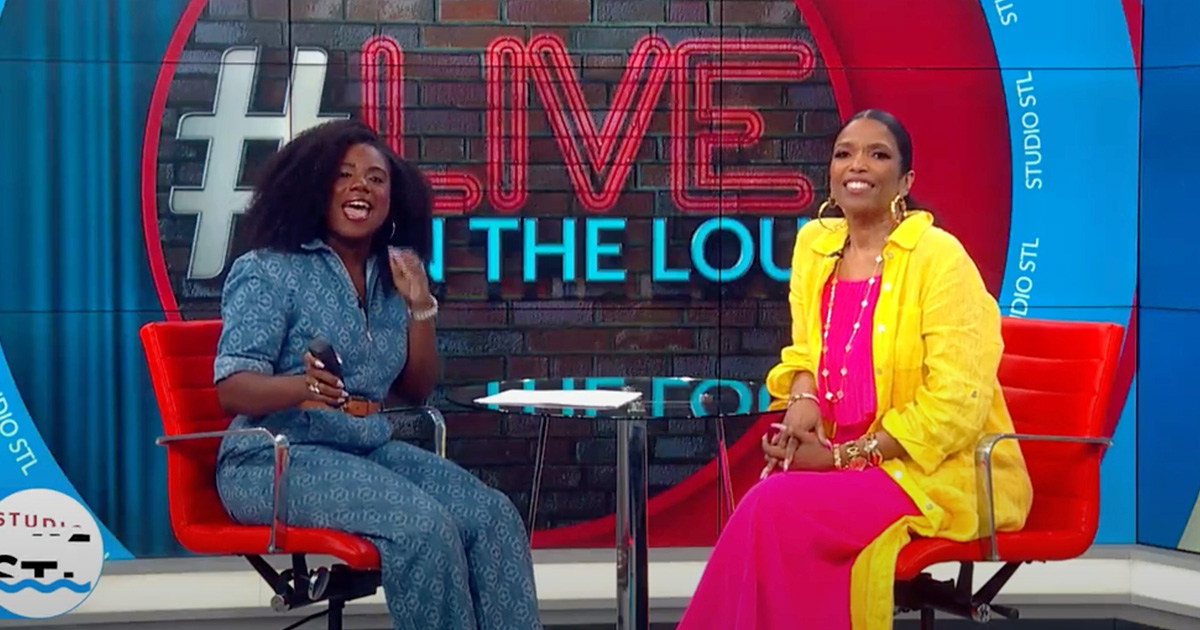This week, the news media and social media exploded with rage at the horrific story of four young African Americans, all from Chicago, who kidnapped and savagely tortured a special needs teenager. The heartless, thought-free teens even broadcast their terrible actions live on Facebook.
White supremacist groups, sensing an opportunity to sew racial division, quickly pounced and attempted to tie the crime to the Black Lives Matter movement. Shockingly, a few mainstream media outlets picked up on the claim, even though a Black Lives Matter spokesperson, and the Chicago Police Department, came out and said there was no link to the organization.
The suspects were quickly captured and charged with criminal hate crimes, aggravated kidnapping and aggravated battery with a deadly weapon. Anybody who saw the gut-wrenching video would likely agree most of the charges seem merited. And if the shoe were on the other foot, and a group of white teenagers were accused of assaulting a black teen with special needs, the African-American community—and the public—would undoubtedly demand similar charges and justice.
But that’s not what happened in Dietrich, Idaho in 2015. On October 23, 2015, two white high school football players, along with another student, held down and viciously sodomized a black special needs teammate with a coat hanger.
The assault came after several months of racial taunting during which the victim, who was adopted by a Dietrich, Idaho family when he was a child, was reportedly called “Kool-Aid,” “chicken-eater “and the N-word by his teammates. John R.K. Howard, the ringleader of the group, also posted a confederate flag on the victim’s computer and demanded he learn and recite a racist song titled “Moonman Notorious KKK.”
But despite the cruel nature of the crime, there was no wall-to-wall national press coverage similar to the Chicago case. Nor was there national outrage when Howard struck a plea deal that allowed him to maintain his innocence and avoid jail time. In fact, Howard likely will be able to have his conviction dismissed pending a successful completion of 300 hours of community service.
The two crimes in Idaho and Chicago were disturbingly similar, each involving a brutal assault against a vulnerable special needs teenager, each involving the inflammatory issue of race.
But though the circumstances surrounding the two cases were similar, the public reaction—and the demands for justice—were starkly different.
As the mother of a special needs child, and as a special needs advocate, I was sickened by both of these sadistic, brutal attacks. I believe we must always call out and condemn acts of violence and cruelty, whether the perpetrators are white, black, brown or purple.
My heart goes out to the families of both victims, and to all families of kids with developmental and mental health challenges. We in the special needs community must always be cognizant that it’s our children—among the most vulnerable in society—who are often the targets of bullying and abuse. As such, we must always be prepared to stand strong together and protect our children, and give voice to the voiceless.
But for me, there’s still one more issue that’s involved here, and that’s making sure punishment is applied equally under the law. Studies have shown that it is not. In fact, a joint study conducted by professors at the University of British Columbia and the University of Michigan Law School found that Black Americans receive almost 60% longer prison sentences than white Americans who committed the same crime. Thus the sad but true explanation as to why the Idaho attacker got a slap in the wrist instead of jail time.
So, in the weeks and days to come, I’ll be watching to see if the suspects in the Chicago case will be able to strike a plea deal that allows them to avoid jail, and walk away with clean records, too. Their race shouldn’t result in more severe punishment for a similar crime although it has clearly caused greater public outcry and media attention. And this too is plain wrong.


